Current research
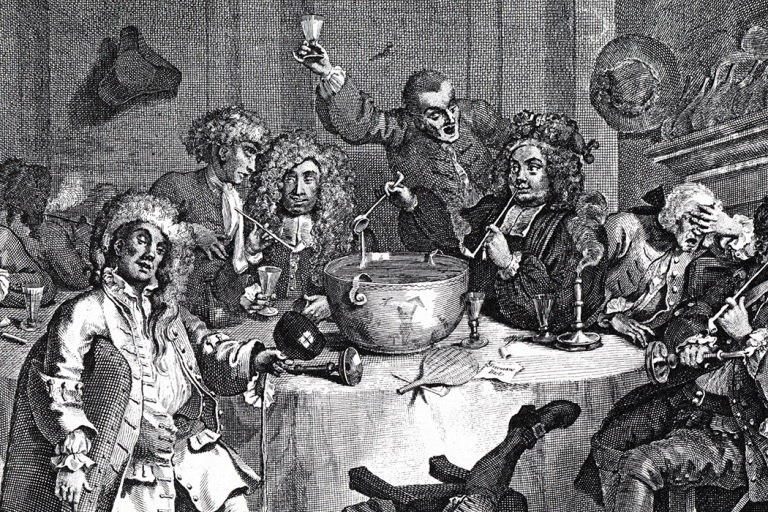
DIGITENS: Sociability in the Long-Eighteenth Century
The European Commission has given significant financial support for DIGITENS, the flagship project of an international collaboration on sociability in the long Eighteenth Century. Funding comes from the H2020 (Marie Skłodowska-Curie Actions - Research and Innovation Staff Exchange (MSCAS-RISE-2018) programme, and the project is led by the University of Western Brittany, Brest. Several EMECC members, including Prof. Mark Knights, Dr Charles Walton, Prof. Giorgio Riello, Prof. Beat Kumin, Dr Naomi Pullin and Prof. Mark Philp will be involved in collaborative work with partners across Europe. DIGITENS brings together historians, literary scholars, philosophers, linguists and scientists from eleven institutions across Europe and Canada to develop research on British sociability and examine the circulation of models of sociability in Europe and its colonial empires. The project will generate a digital encyclopedia of sociability for the period from 1650 to 1850, and will include a range of conferences, events and collaborations with museums and archives.
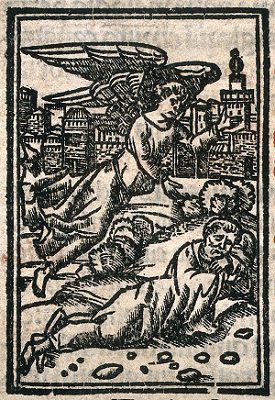
Bodies, Selves and the Supernatural in Early Modern Britain
This project, let by Dr Martha McGill, looks at the idea that supernatural forces could invade human bodies and minds, with particular focus on early modern Britain (c.1500-1750). In this period, natural philosophers taught that the body was governed by four humours: blood, black bile, yellow bile and phlegm. Scholars have explored ideas about how the natural world impacted humans, stressing that the humours could be influenced by the climate, the season, diet and the motions of the planets. But this offers only an incomplete picture. According to early modern belief systems, the natural world was imbued with supernatural forces. Demons, angels and the Holy Spirit could invade the body or mind and generate thoughts, emotions and resolutions. The project seeks to show that religion and folklore were not only a matter of what one believed, but – in very literal terms – of who one was.
More information here: https://www.thebritishacademy.ac.uk/blog/everyday-encounters-supernatural-forces-early-modern-britain
Sociability and Politics
A collaboration between the Université de Bretagne Occidentale and the University of Warwick as part of the GIS SOCIABILITÉS Network. Although there is a well-developed literature on sociability, there is much less that explores the intersection between sociability and politics in a conceptual way. Most efforts to connect sociability and politics focus on ‘public opinion’ – an abstract political force generated within a ‘public sphere’ where sociability happens to be going on. But how has sociability historically operated in the spheres of political decision-making? How have historical actors used sociability practices, or transformed them, for political ends? Were women active and visible agents in political sociability? And how far was political sociability and association shaped by different colonial and imperial contexts?The collaboration will involve reading groups and a major conference at the University of Warwick in 2023, bringing together students and scholars from the network interested in these themes.Corruption in Britain and its Empire, 1600-1850
In 2014-16, Mark Knights held an AHRC Leadership Fellowship to research 'Corruption in Britain and its Empire, 1600-1850'. This resulted in a monograph published by Oxford University Press in 2021: Trust and Distrust: Corruption in Office in Britain and its Empire, 1600-1850. This provides the first overview of Britain's history of corruption in office in the pre-modern era and the first discussion on the development of public and corporate office in pre-modern Britain.
As part of his fellowship, Mark produced a freely downloadable report for the anti-corruption agency Transparency International, and collaborated with the Council of Europe (which cites his work at length in a report of 2017) as well as the Italian anti-corruption agency Autorità Nazionale Anti-corruzione. He also published an article for History Today and a blog for BBC History online.
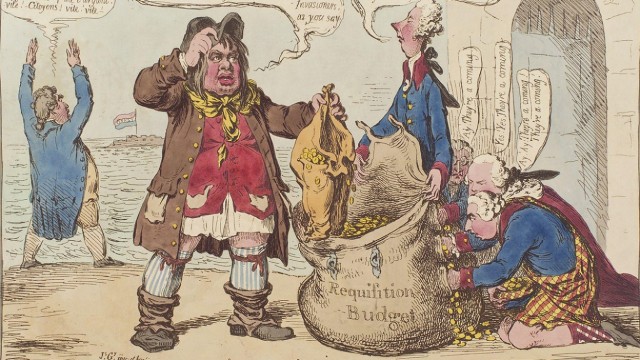
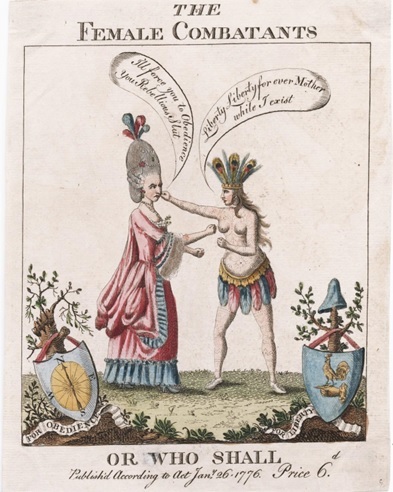
Female Foes: Conflict, Dispute and Identity in the Early Modern British Atlantic
Female Foes is a Leverhulme Trust-funded early career fellowship (2017-2021) led my Dr Naomi Pullin. Problematising recent research into female sociability, this project investigates how an emerging culture of civility and politeness in the early modern British Atlantic enhanced discussions about enmity and hostility. Focusing on women’s antagonisms in Britain and North America during the seventeenth and eighteenth centuries, it offers a new model of inquiry into female relationships by showing how female antagonism and conflict shaped early Atlantic culture. The project, which focuses on Britain and its North American colonies in the period 1650 to circa 1775 questions: who is an enemy and how they might differ from friends? How might women become enemies? How was enmity between women experienced? By centring the discussion around these central issues, this project intends to develop an important counter-narrative to traditional histories of female sociability, that embraces the tensions within and negative consequences of friendship formation.
More about the project can be found here: https://warwick.ac.uk/fac/arts/history/people/staff_index/pullin/foes/
Coventry Lives
Coventry's successful bid to be UK City of Culture in 2021 provides an excellent opportunity to celebrate the history of the city and in particular the lives of those who have lived there in the past. Prof. Mark Knights is part of the Coventry Lives project which has been formed to make this happen. Its aim is to remind Coventry citizens of the city's rich heritage; engage them in researching it; and inform (virtual as well as real) visitors.
A web platform will be created to host mini-biographies mapped to physical locations. This will then be used as a virtual guide by visitors and residents of all ages. Ideally there will also be physical markers in the city to show significant locations of earlier inhabitants, and these will alert visitors to digital information.
The aim is not to just to present figures from the recent past but to include lives from the medieval and early modern periods, to increase consciousness about the depth of the city’s history. To do so, the project will mine some of the riches of local archival holdings as well as conduct a major new oral history project. The project will also engage the local community in helping to compile their own history, as well as host an portal for education providers looking to incorportate local history into their teaching.
French Theatre in the Napoleonic Era
Katherine Astbury currently holds a British Academy small grant and an AHRC Matching Leave award to complete a monograph on Literary responses to the trauma of the French Revolution which reassesses literary production of the revolutionary decade in the light of trauma theory. The French Revolution is generally seen as marking a watershed in literary production and while much has been done on politically-motivated literature where events of the Revolution are represented or transposed, few have explored in detail the large proportion of literary production that appears to have no direct political engagement with the events of the Revolution such as pastoral novels and moral tales. Recent work in the States on Revolutionary theatre has demonstrated the importance of reassessing long-standing assumptions about the cultural production of the Revolution through detailed contextual and textual analysis. This renewed interest in debates about theatrical culture and the Revolution has not yet resulted in major studies exploring fruitfully the continuities between old regime and Revolution in literature, and this monograph will reassess the process of literary production and fill a significant gap in current research on the Revolutionary period because it will focus on a body of texts barely accorded critical attention before.
.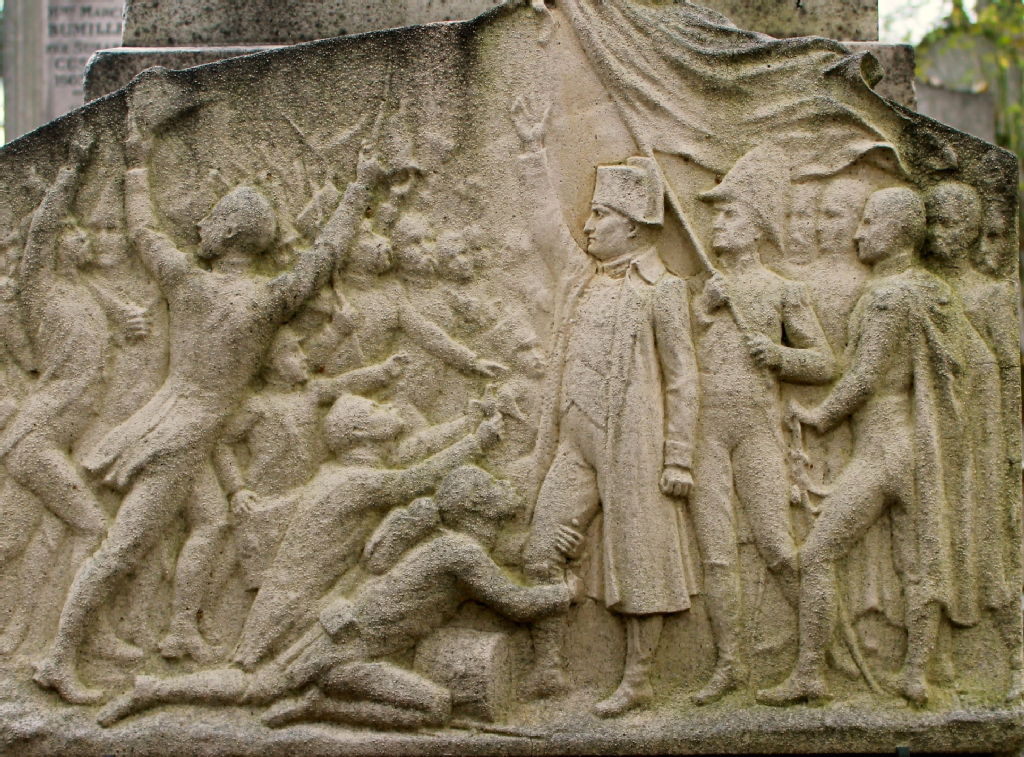
Online Plays from the Napoleonic Period
This project is being directed by Katherine Astbury (Department of French Studies).
Final-year students on Katherine Astbury's modules The French Revolution and Revolution and Empire are involved in the process of digitally preserving one of the University’s most significant special collections, the Marandet collection of 18th- and 19th-century plays by selecting the plays to be preserved and then producing original research based on ‘their’ plays. Plays of the period are the cultural form most obviously affected by ideology and public opinion and while the Revolution is now reasonably well covered by available editions of plays, there is currently no readily accessible material on theatre of the Napoleonic period available on-line or in student-friendly editions. In the course of 2006, the library began an ambitious project to digitise the 300 plays in the Marandet collection that cover the period 1789-99. The project to digitise the Napoleonic period aims both to preserve material and to make the collection as a whole much more visible. Unlike the Bibliothèque Nationale’s electronic material, all the plays are fully searchable. This project will place Warwick firmly at the centre of ongoing research into theatre of the Revolution and the First Empire. In addition, it is creating new learning opportunities for Warwick undergraduates by involving them in the process of preserving texts for future generations of researchers. It takes the notion of research-led teaching to a new level as the work is an outcome of a genuine partnership between students, tutors, and library staff.

Solitude
Led by University of Warwick's Dr Naomi Pullin (Department of History), this project addresses the social history of solitude and loneliness in the 17th and 18th centuries. It explores how time spent alone (and in company) was understood, described, and experienced by early modern men and women living in Britain in their everyday lives. Using diaries, letters, journals and printed texts, the project asks what solitude can tell us about how society and culture were organised in the past. Central to this, is how the gender of the writer shaped their perceptions of solitude and the world around them. Naomi is working with local photographer and filmmaker Paul Daly.
Furniture of My Imagination
A video that resulted from the collaboration, inspired by seventeenth- and eighteenth-century sources.
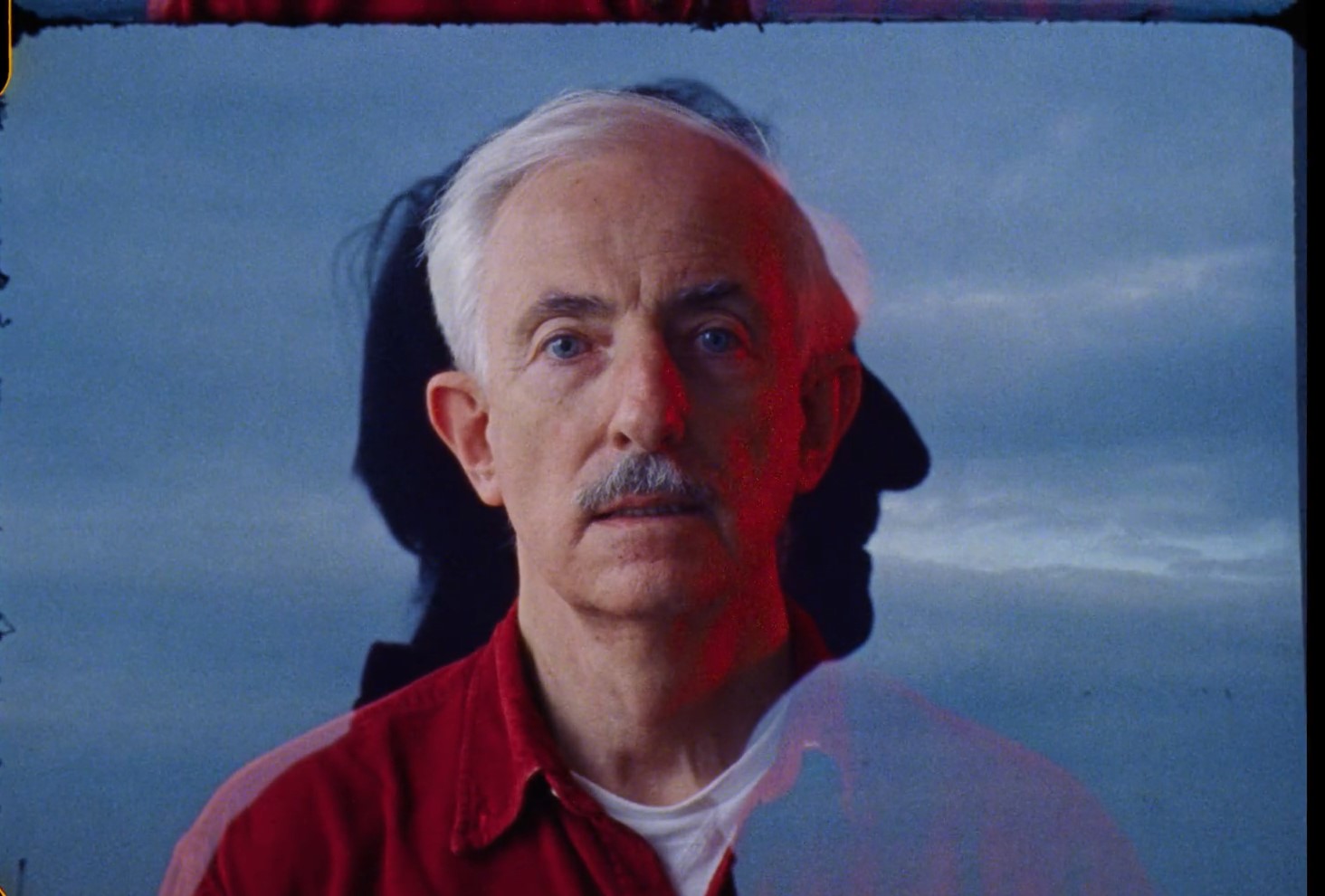
Socioeconomic Rights in History
Working with other colleagues in the History Dept at Warwick (including the Centre for the History of Medicine and the European History Research Centre), Charles Walton and Claudia Stein are making contact with academics from a range of disciplines and based in institutions across Europe and the US in order to explore the history of socioeconomic rights – rights to health, subsistence, work, housing and education. These rights, which have received considerably less attention than civil and political rights, have recently come into focus among scholars and NGOs. Often considered to be ‘second generation rights’, that is, as twentieth-century additions to ‘core’ civil and political rights stretching back to the Enlightenment, notions of socioeconomic rights stretch back, in fact, to the Enlightenment as well. Socioeconomic rights exploded into politics during the French Revolution. Since then, however, their legitimacy has been contested. What accounts for their relatively greater historical precariousness among the panoply of rights?
Current EMECC Networks:
- Leverhulme International Network on ‘Renaissance Conflict and Rivalries: Cultural Polemics in Europe, c.1400–c.1650’
- Warwick Network for Parish Research, with the associated My-Parish platform
- Dresden-Warwick Exchanges
